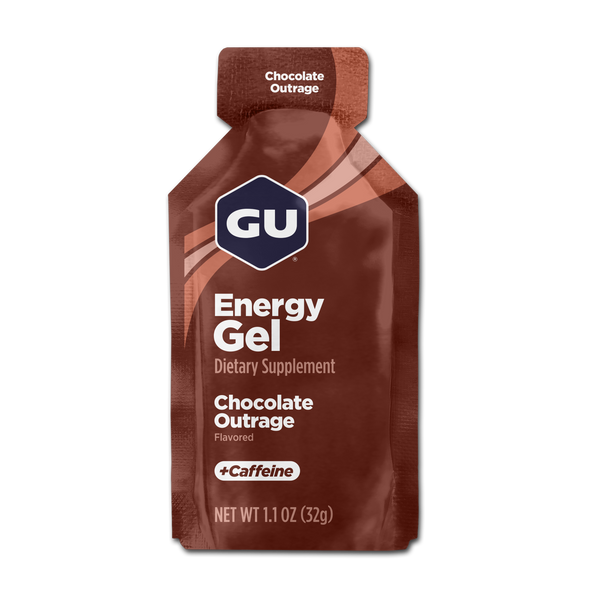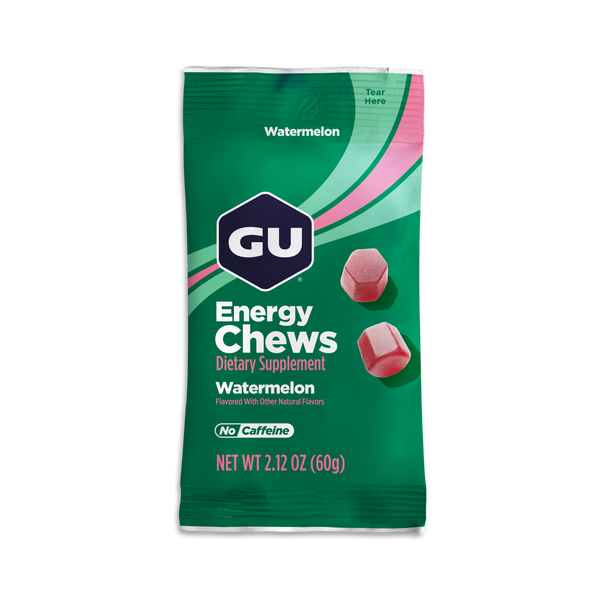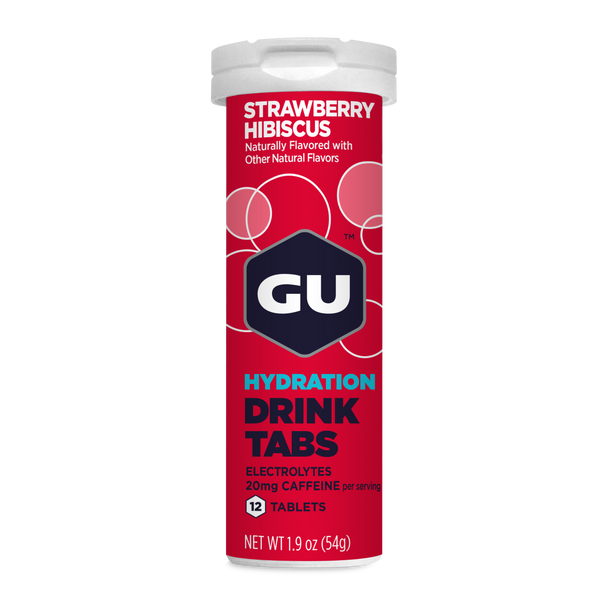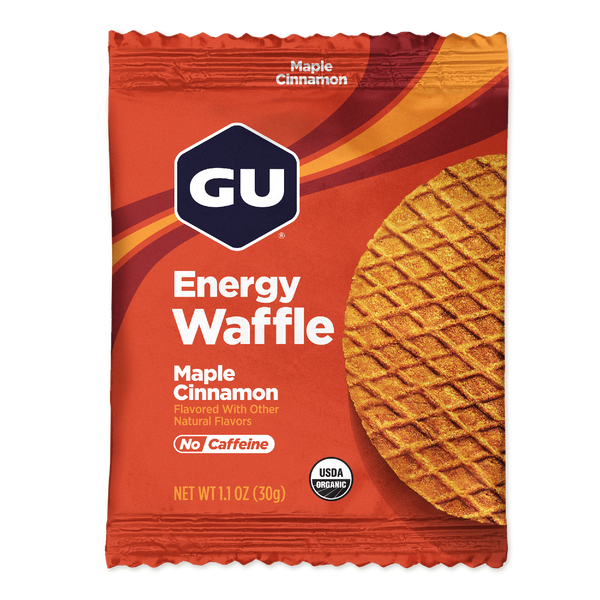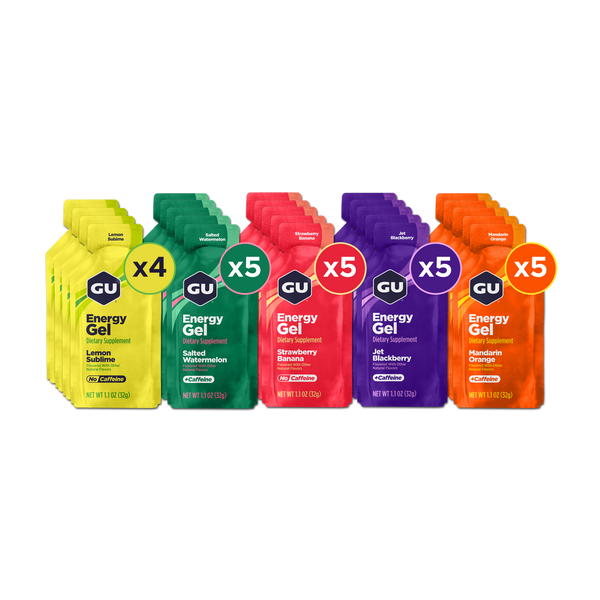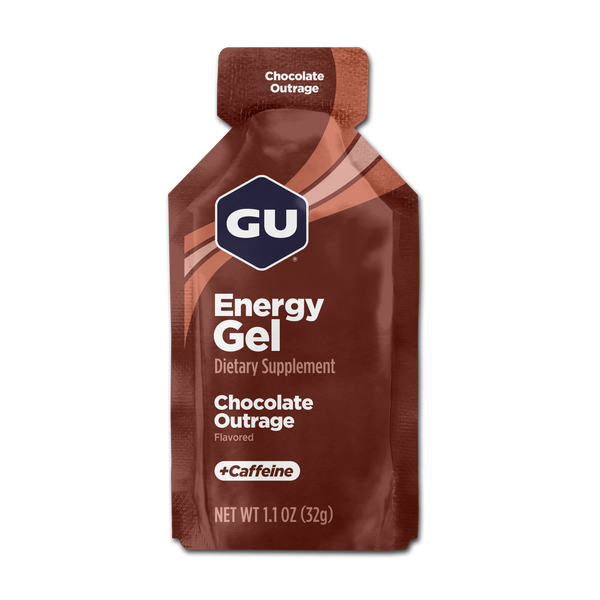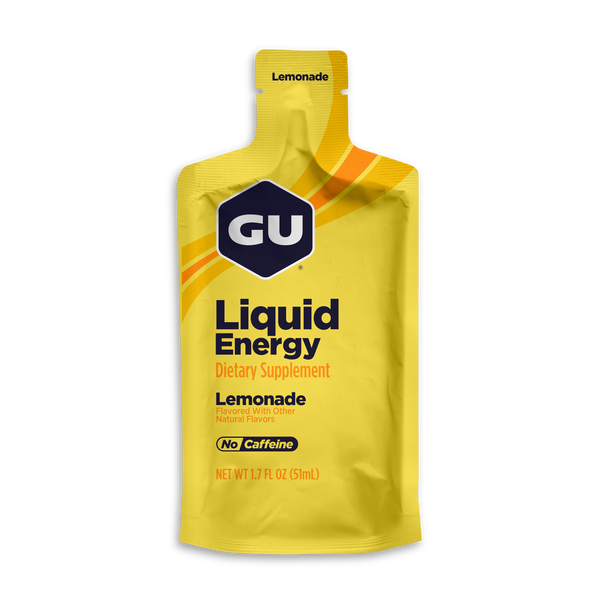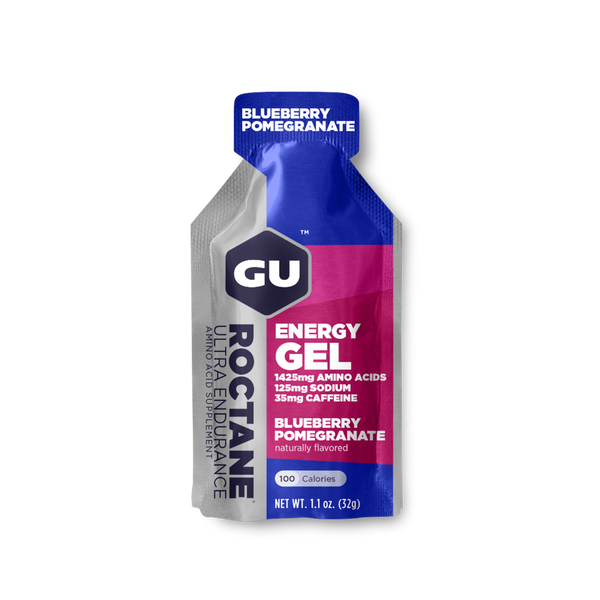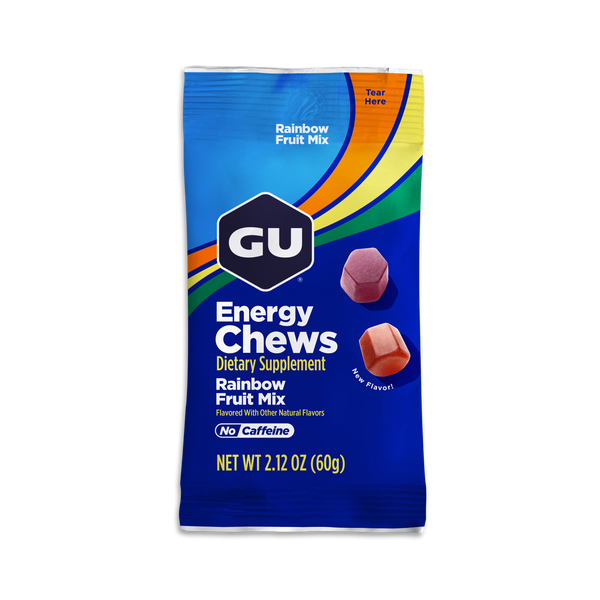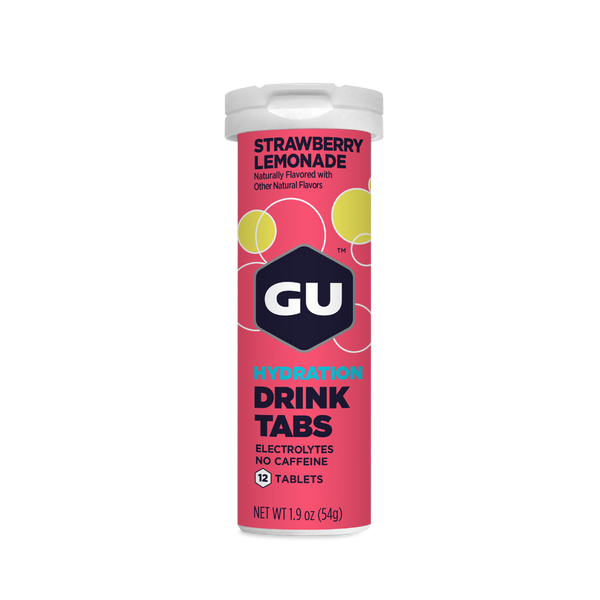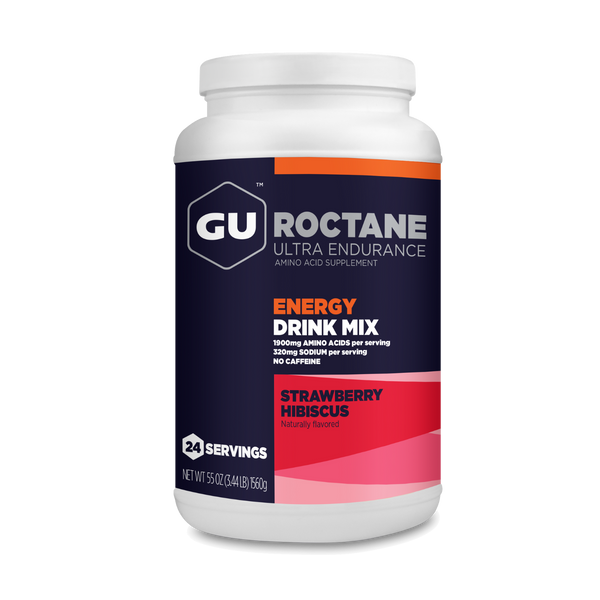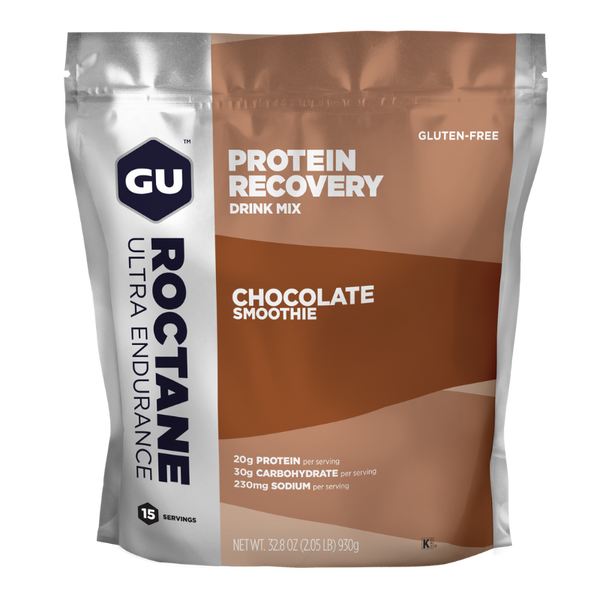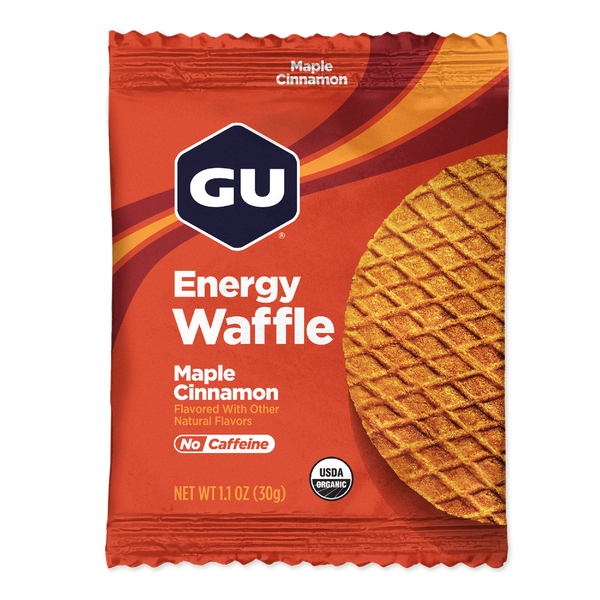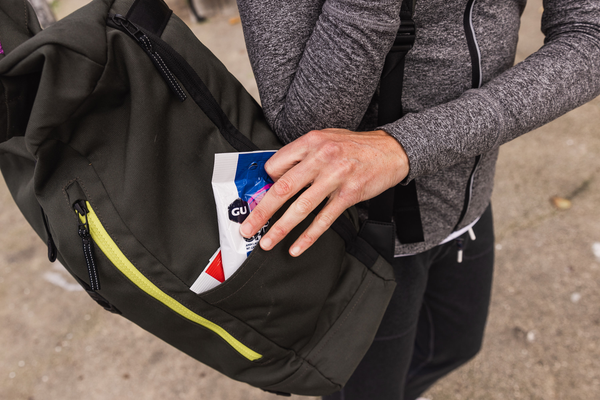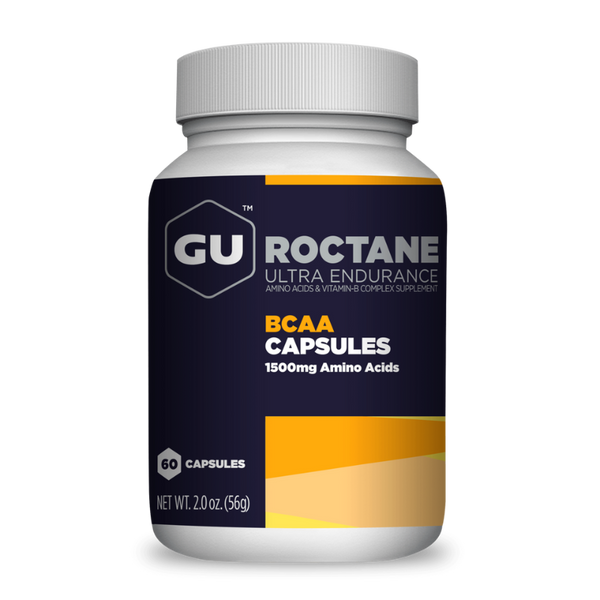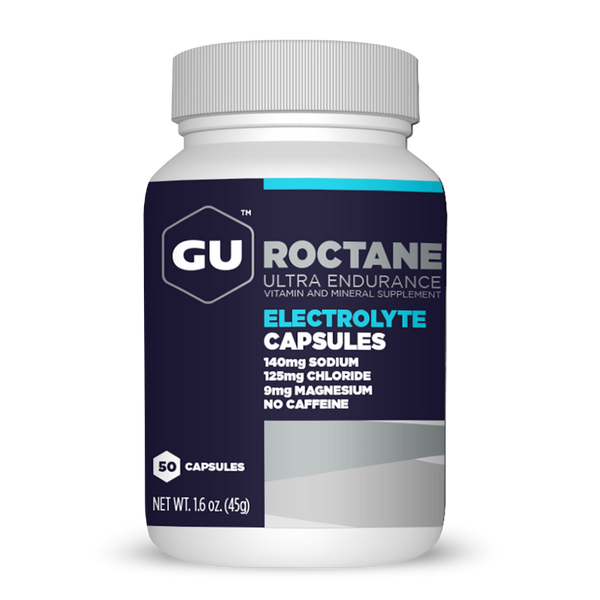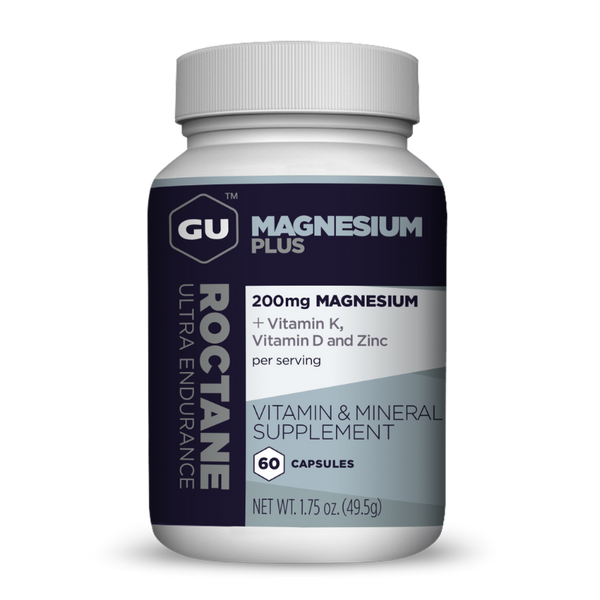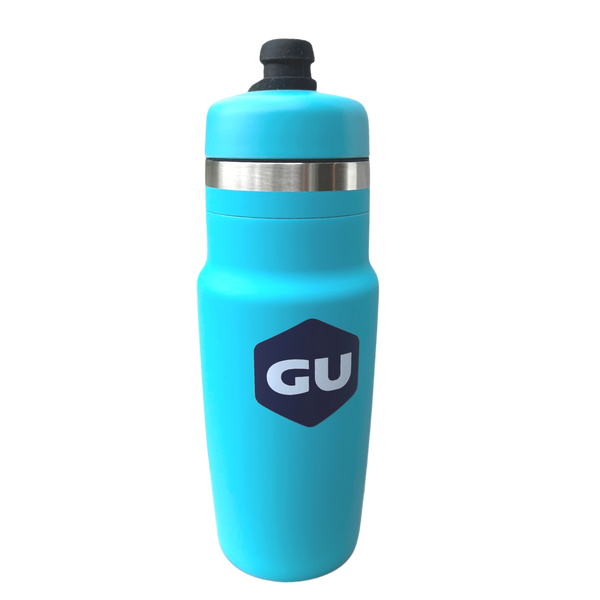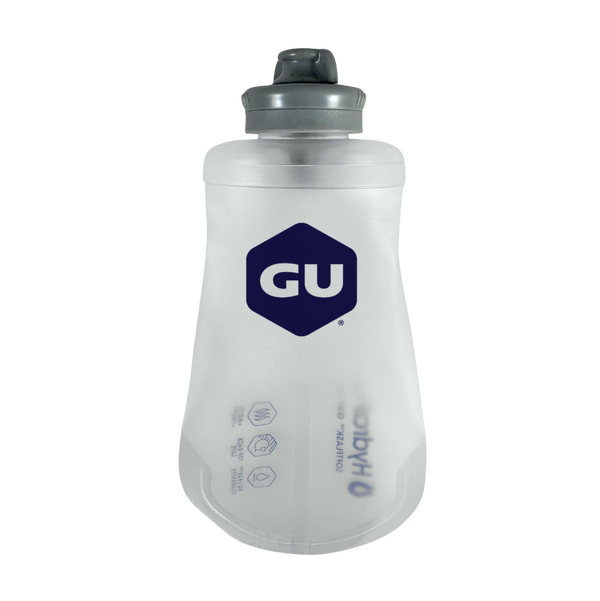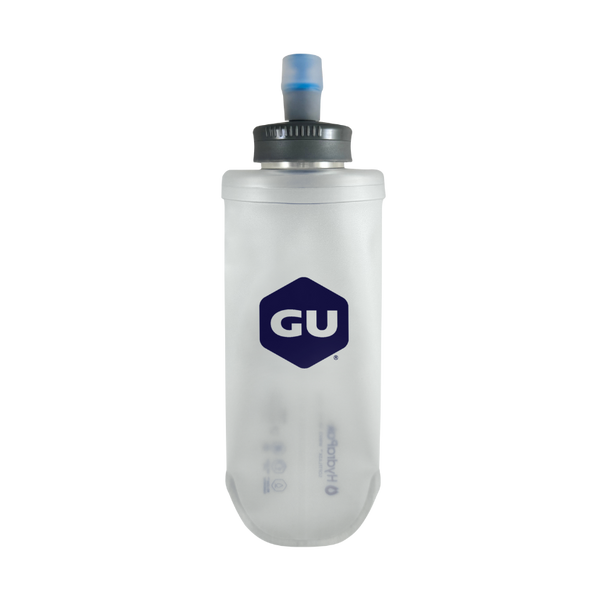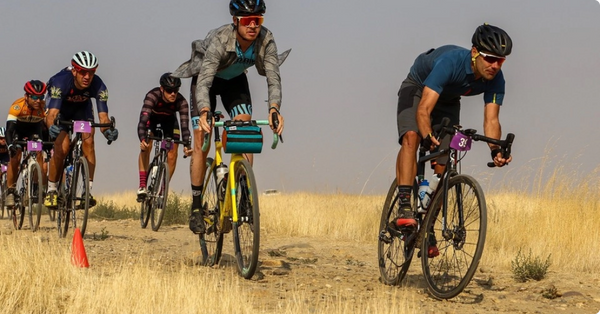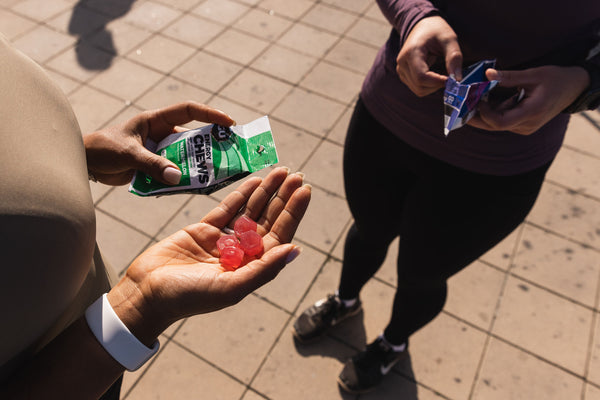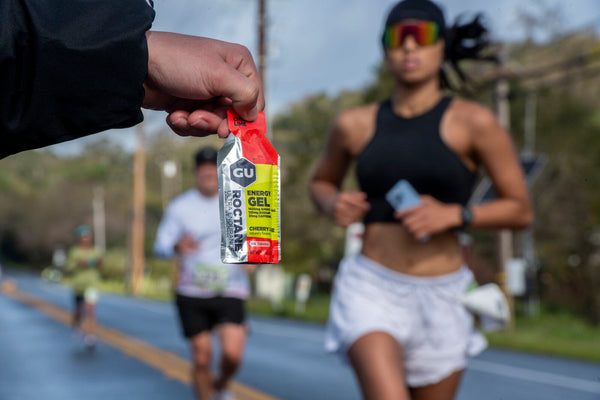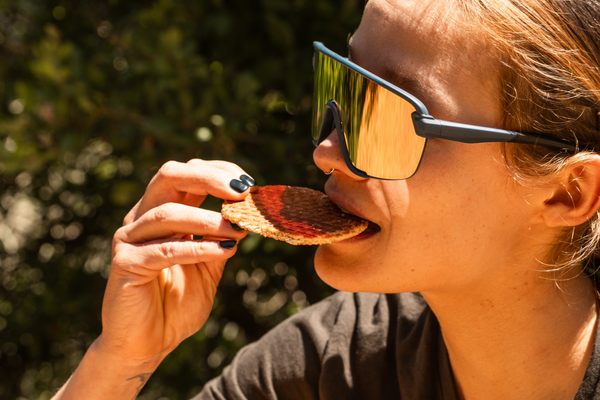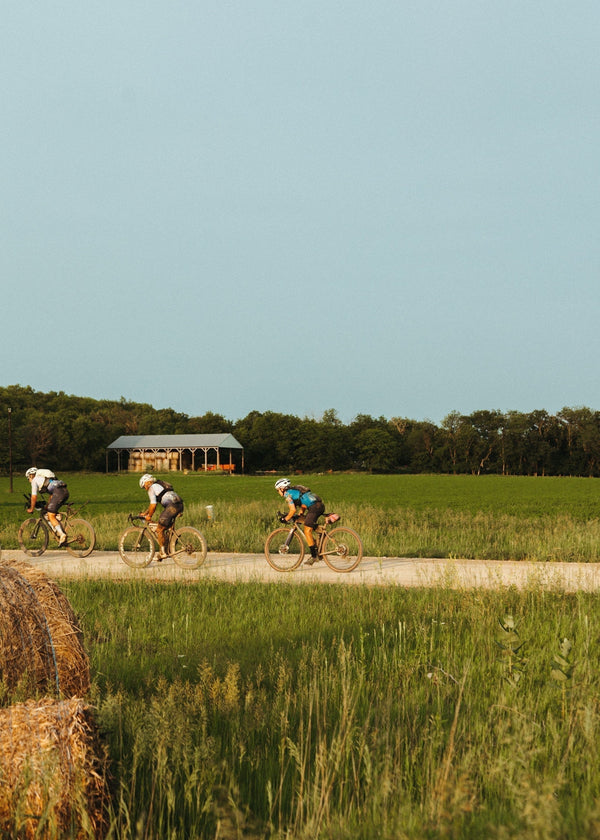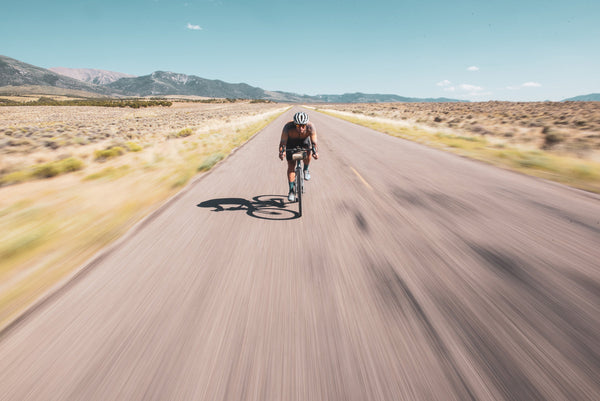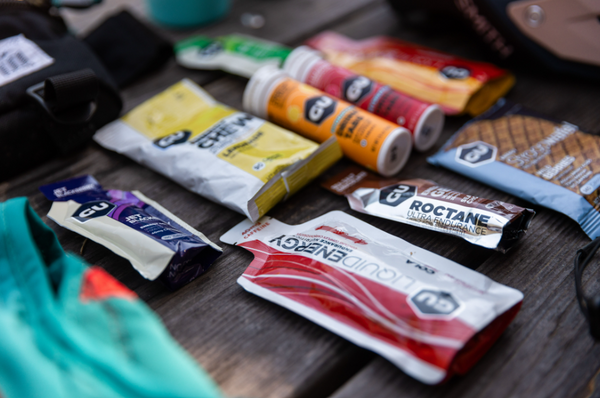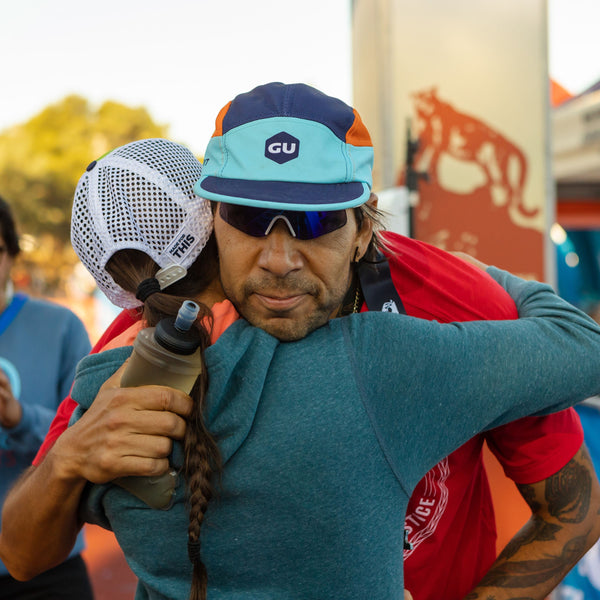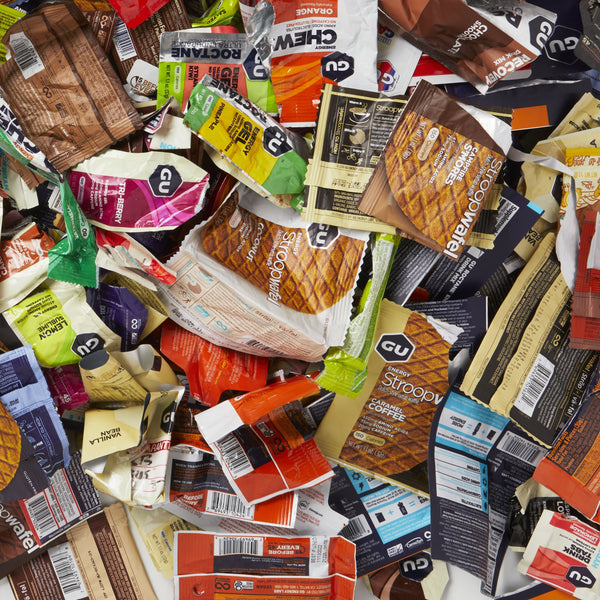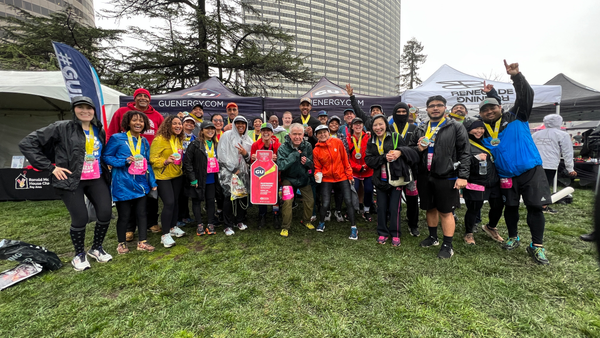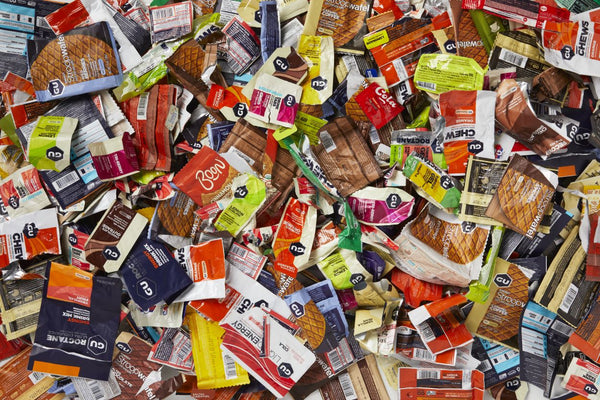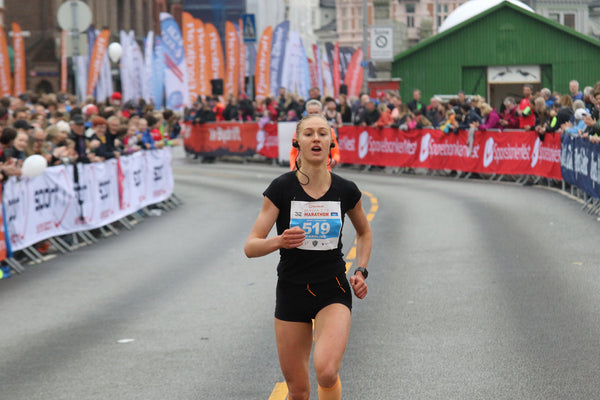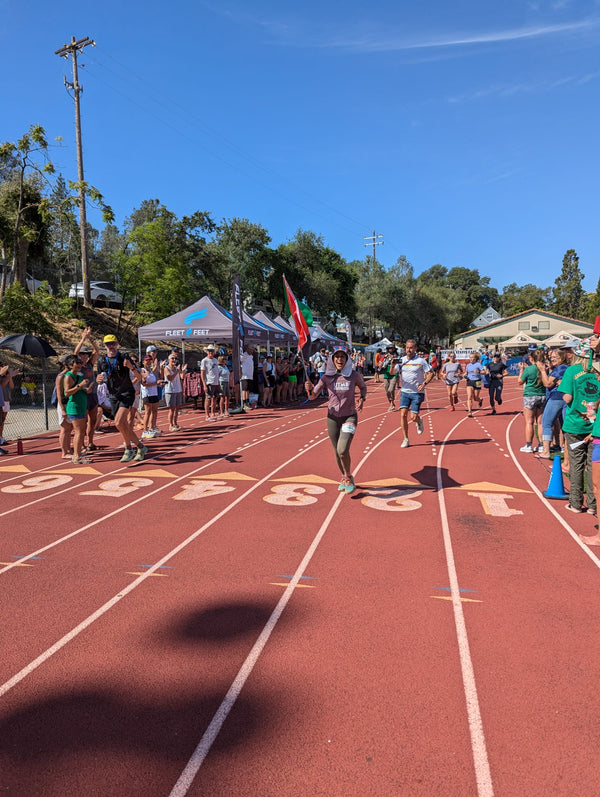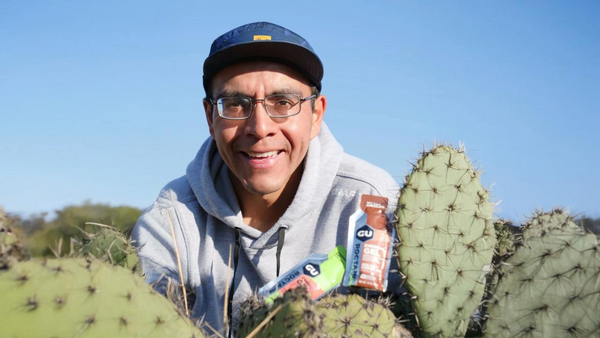Need help nailing your 10K nutrition plan? Look no further.
Nutrition plays an important role for races of all distances. Although 10Ks are relatively short, and people typically don’t deplete their glycogen stores (the body’s carbohydrate reserves) in this short period of time, it is still important to make sure that you are fueled up for optimal performance. Here are some things to keep in mind when considering your nutrition plan for a 10K:

Eating is Training – Start with a steady foundation
Here at GU, we embrace the principle “Eating is Training.” To us, this means feeding your body the right nutrients, at the right time, in sufficient amounts to maximize recovery and encourage positive physiological adaptations. You only spend a small part of your day training, while most of your day is spent resting, recovering, and preparing for the next workout. Think of this time as an opportunity to improve your performance even more! So, during the weeks of training leading up to your 10K (and all the time, for that matter), try your best to eat a nutrient-dense, whole food-based diet.
What are the keys to a balanced diet?
Focus on Variety: Be sure cover all your nutrition needs by mixing it up. Shop seasonally to incorporate different types of produce year-round. Have a few different sources of protein each week (chicken, fish, dairy, tofu, etc.). Do your best to try new things and avoid getting stuck in a dietary rut!
Ample plants: Fill half your plate with fruits and veggies, and try to have at least one serving with each meal and snack. Three different colors of produce on your plate at mealtime is another goal to strive for.
Plenty of Protein: Muscles rely on it, and your muscles are what move you! Try to get 20 g at mealtimes, and include some protein with every meal and snack, or about every 3-4 hours throughout the day, to support lean muscle mass.
Limit processed foods and added sugars: Look for labels with only a few, easily recognizable ingredients or, better yet, no label at all! (Think produce section, meat counter, farmers markets, etc.). Added sugars pack in unnecessary “empty” calories and can cause big swings in energy levels that leave you in a mid-afternoon slump.
The Good Kind of Fat: Fats are essential for vitamin absorption as well as healthy joints, eyes, skin, hair, and nails. They help keep you fuller, longer, and make food taste richer. Avocados, fatty fish, nuts and seeds, olives, coconut, nut butters, and oils from these foods are all great, healthy sources of fat in the diet! Enjoy a serving with each meal.

Days Before – Fuel up on carbs (properly!)
Your training plan is designed for you to peak on race day, and your nutrition can be used for the same function. One popular term in the running community is “carb loading.” Carbohydrates are your body’s first choice of fuel as they’re quickly converted into glucose, or blood sugar, which is used to give you energy. Increasing carbs to boost glycogen stores can be effective, but think of it more as a steady uptick rather than a drastic pre-race splurge. Instead of going for the all-you-can-eat pasta dinner the night before, trying upping your carbohydrate intake 2-3 days leading into your race to stock your muscle and liver glycogen stores. Get in high quality carbs such as sweet potato, quinoa, or brown rice, and make sure to have your veggies and protein of choice.
In addition, make sure familiarize yourself with what foods work with your stomach in the weeks before your race. Experiment throughout your training to discover what foods you can or can’t tolerate before you get in your miles.

Morning of – Keep it simple, Keep it light
During the morning of your 10K, it’s important to make sure your stomach feels as good as your legs. We recommend getting a high carb, easily digestible meal 3-4 hours before your race, so by the time the gun goes off, you’ll have topped off your glycogen stores and won’t feel full or weighed down. If the race is super early or you can’t stomach a full breakfast before a race, be sure to eat a light snack, like an Energy Stroopwafel or Energy Gel to boost blood sugar levels. Even a piece of fruit or toast is better than going in empty!
Because 10ks are shorter and typically run at a faster pace, it’s important to go into the race with your energy and hydration levels primed. We recommend taking an Energy Gel 5 minutes before the start, making sure to wash it down with a few big gulps of water.
Here are some of our pre-race breakfast favorites:
- Two pieces of toast with honey and a banana
- Overnight oats (check out our recipe here)
- Bowl of granola with almond milk and berries
- Two Energy Stroopwafels with almond butter in-between
bottom line
On race day, what matters most is that your mind is on performance — and not on your stomach — when the gun goes off. Be sure to eat familiar foods that you know work for you. Protein and fat slow down digestion and make you feel more full, so take that into consideration when prepping your pre-race breakfast. In the days leading up to your race, start to increase your carbohydrate intake (you can find out more specifics on how much to increase it here.) Finally, trust your training. 10Ks are the culmination of weeks of consistent preparation, so be confident in your fueling plan and enjoy the ride.

Bonus – Personal Tips
- Coffee: This magical drink is a favorite among runners. It’s warm, delicious, and the caffeine has been shown to help performance in long-distance races. It also helps activate the digestion process, just make sure to give yourself enough time in the morning for the whole “activation” to happen.
- Sensitive stomach? Half of endurance athletes experience GI issues while exercising. One helpful thing to comb
- Nausea? Try minty gum! Flavors like peppermint and spearmint can help suppress nauseous feelings in the morning before races.

